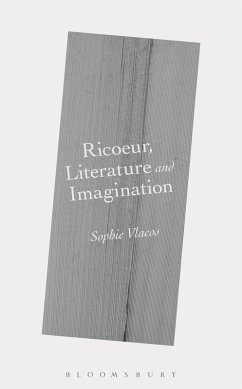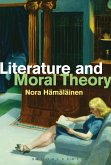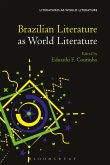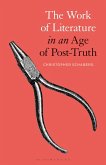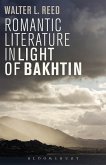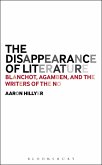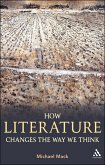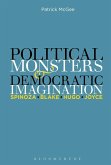"To explain more is to understand better". This is the mantra by which French philosopher Paul Ricoeur lived and worked, establishing himself as one of the twentieth century's most lucid and broad-ranging critical thinkers. A prisoner of war at 27, Ricoeur was also Dean of Paris X Nanterre during the student disturbances of 1968. In later years he became an outspoken champion of social justice. In work as in life, Ricoeur was committed to the challenges of conflict and the prospect of authentic resolution. Deeply indebted to phenomenology and the hermeneutical tradition of Heidegger and Gadamer, Ricoeur was also an advocate of structural linguistics, of psychoanalysis, and a rare conversant with the Anglo-American analytic tradition.
This volume explores how literature and the conflicts of literary-theoretical debate inform Ricoeur's theory of imagination and understanding, and how Ricoeur's unique mode of literary reflection resolves the conflicts of literature's theoretical heyday, presaging a new direction for literary studies.
This volume explores how literature and the conflicts of literary-theoretical debate inform Ricoeur's theory of imagination and understanding, and how Ricoeur's unique mode of literary reflection resolves the conflicts of literature's theoretical heyday, presaging a new direction for literary studies.

